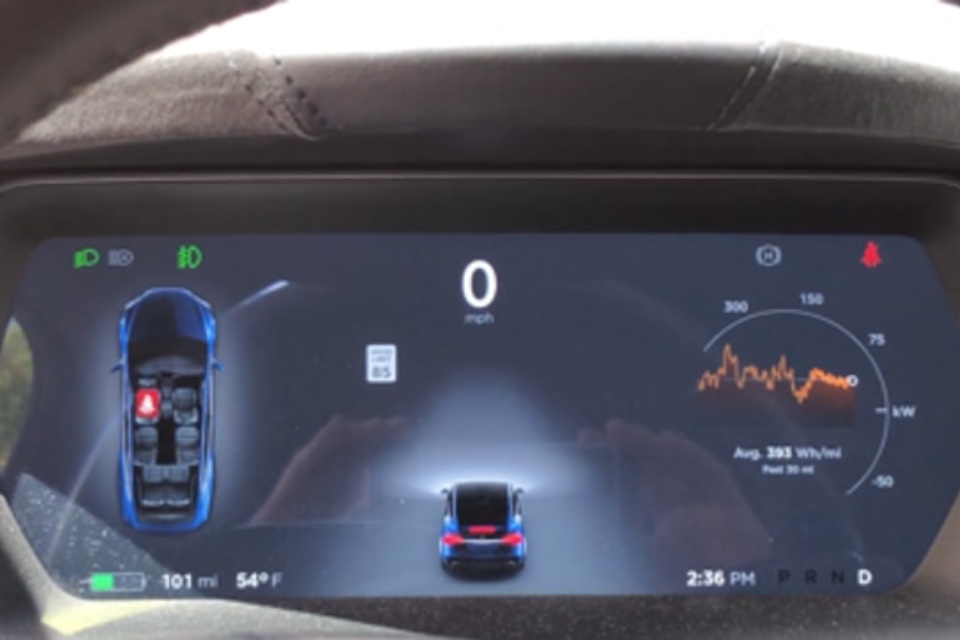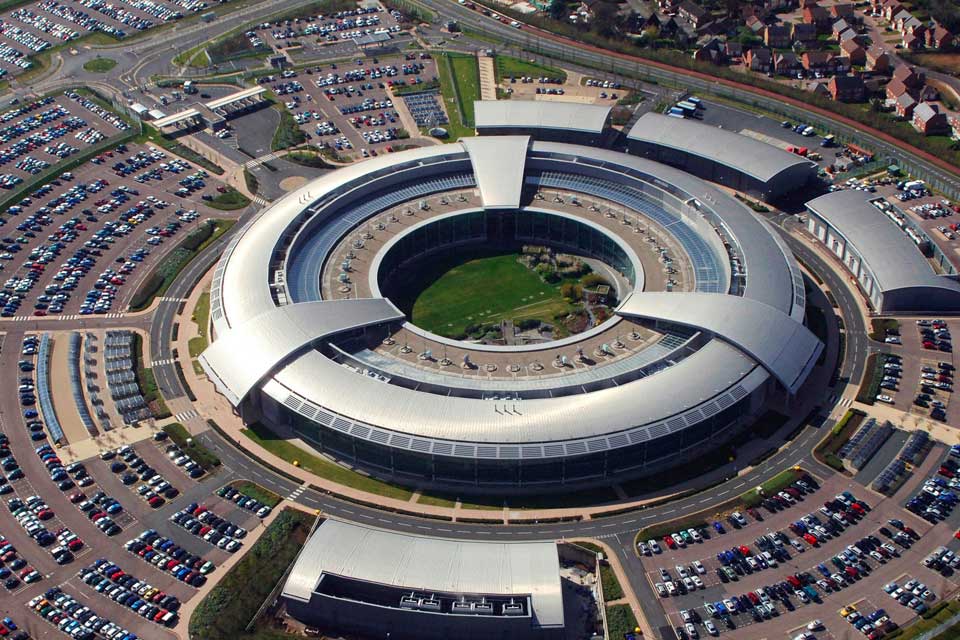WEBINAR REWIND: Solorigate/SUNBURST – Chronology of a supply chain nightmare
https://cybersecureforum.co.uk/wp-content/uploads/2021/04/Sentinel-Labs-Apr-8th-2.jpg 960 640 Stuart O'Brien Stuart O'Brien https://secure.gravatar.com/avatar/81af0597d5c9bfe2231f1397b411745a?s=96&d=mm&r=gDon’t worry if you missed last week’s essential webinar from SentinelOne and ReliaQuest about the SUNBURST incident – you can now rewatch the entire session online!
SUNBURST was one of the most devastating cyberattacks in recent years and has sent shockwaves like no other attack before. Solorigate/SUNBURST impacted more than 420 of the Fortune 500 companies and thousands of government and commercial organizations. The attack on the ‘digital supply chain’ was uncovered in December 2020, although the foundation was made at the end of 2019 with the first organizations being infected in the second quarter of 2020.
Despite the widespread use of threat intelligence and EPP / EDR solutions, how did this happen? Why did the attack go undetected for so long?
During this webcast, the course of the attack campaign will be traced and discussed by Elliotte Weng of SentinelOne and Martin Cook of ReliaQuest.
It will also explain how SentinelOne protected their customers from SUNBURST and how ReliaQuest responded immediately to protect their customer base with targeted threat intelligence, detection logic and automated enterprise wide retroactive threat hunting to surface and respond to any evidence of attack.









